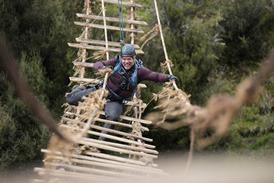 Sponsored content
Sponsored content
Top industry figures have come together in working groups to help allocate ScreenSkills’ HETV Skills Fund to where it’s needed most
ScreenSkills is the industry-led skills body for the UK’s screen industries – and that industry involvement is key. For the past five years, working groups comprising industry leaders working in high-end television (HETV) have been meeting to pinpoint areas of skills shortage and skills gaps to target where investment is most needed. They are now ready to announce how money from the HETV Skills Fund is to be spent this year.
Since its launch in 2013, the HETV Skills Fund has invested more than £28m into skills training across the UK to develop and retain talent. This year, the fund will spend just over £10m to support around 2,000 people to start or progress their career in HETV.
Kaye Elliott, ScreenSkills director of high-end television, says: “We are fortunate to share an engaged and really supportive relationship with industry, which helps us ensure the skills fund responds to immediate and future skills needs and supports the continued growth of the UK workforce.
“With an increased appetite for content and high demand in UK production, skills development has never been so important. Our investment is targeted where it really matters through the guidance of the HETV Council and working groups.”
Christine Healy, chief operating officer, Watford & Essex, and chair of the HETV Skills Council, adds: ”The HETV Skills Fund is going from strength to strength, primarily through the wonderful industry contributions to – and stewardship of – the fund. It’s fabulous to have such strong industry input through the working groups, which work so hard to ensure the fund supports and develops career opportunities for the freelance community.
“This year, we are significantly increasing support for entry-level individuals to help them discover the careers available within HETV. Record levels of contributions mean we can also expand existing programmes with proven track records of success – such as Trainee Finder, our new entrant programme, and Make a Move, to support freelancers to step up – alongside developing new initiatives that help productions find talent of all levels.”
Here, some of the chairs of the HETV Skills Fund working groups explain why this work matters to them – and to the industry.
Frith Tiplady
Executive producer, Moonage Pictures; Craft and Tech Working Group
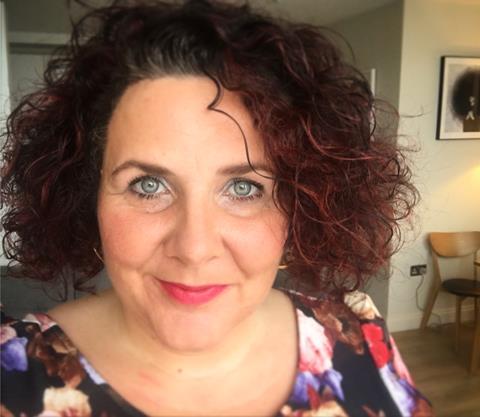
“As producers who pay into the fund, it’s important we are part of the process that attracts new entrants into the industry and supports the crew in furthering skills. The structure of each working group means that we can discuss each department’s needs to make sure money goes towards the right type of training. Key to this is creating training schemes that don’t exist; the working group thinks about a need and then finds the right people to design and execute the schemes. This is a process of which I’m really proud.
“With the boom in production, dealing with skills shortages is key – but so is helping crew manage teams and finding a work-life balance. Creating support to encourage more flexible working, job sharing and transferable skills to the industry is vitally important.”
Jo Evans
Head of production, Buccaneer Media; Production Grades Working Group
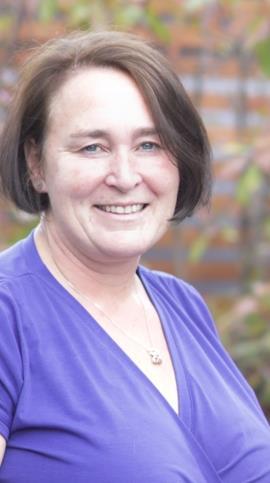
“The majority of heads of production who work with ScreenSkills come from a freelance background and understand the pressures of production. They can see that in the current climate, people are stepping up too soon, which can negatively affect the individual and the production. Inexperience can result in mistakes that have an impact on the budget but, more importantly, threatens health and safety. As a group, we can swiftly identify challenging areas and suggest training programmes to alleviate this.
“The swiftness with which some crew progress means they have not developed their soft skills, so it is brilliant that ScreenSkills is continuing with its training in leadership and management, together with antibullying and harassment, and is able to offer it to all productions. This was conceived by one of the working groups, clearly demonstrating the importance of their input.”
Paul Stevens
Literary agent, Independent Talent Group; Producers’ Working Group
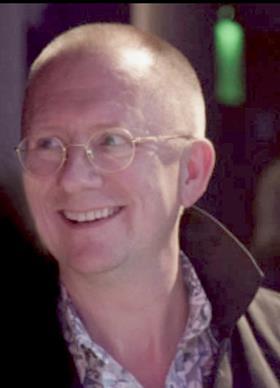
“It is essential for the sustenance of our industry to properly nurture rising producer talent within UK HETV. The co-producer programme, shaped by the working group, enables productions to give candidates direct experience of working with established producers across prep, shoot and post, broadening their understanding and allowing them to explore the full spectrum of producing drama.
“ScreenSkills is the dynamic, integrated industry skills body that effectively brings the production sector together to identify its training needs. It enables us to collectively pool finance and experienced trainers to give the best opportunities to our crews in all disciplines. “We will continue to make sure that this programme gives co-producers the opportunities to be at the heart of production, learning under the supervision of senior producers and being exposed to the challenges of delivering premium drama for the global market.”
Zoe Edwards
Head of production, House Productions; Make a Move Working Group
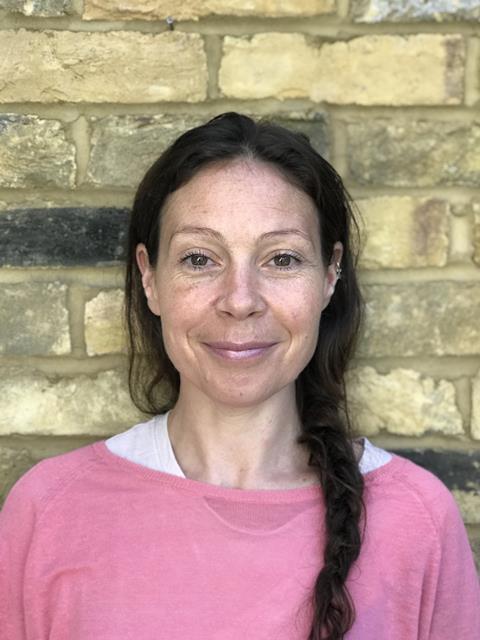
“I feel very proud to be the chair of the Make a Move Working Group. It’s made up of industry professionals and is an incredibly supportive, productive scheme that helps identify and progress talented individuals in the world of production.
“The HETV Council members have a passion to help push training and upskilling across all areas of production. This is reflected in the targeted programmes that ScreenSkills has put into action, and we all continually push for better and more.
“Skills shortages, lack of crew, longer shoot periods and larger crews have all resulted in a massive requirement for crews of all levels. The whole supply chain needs feeding across all areas, and skills shortages aren’t easing.”
Alex Jones
Managing director, Red Planet Pictures; Trainee Finder Working Group
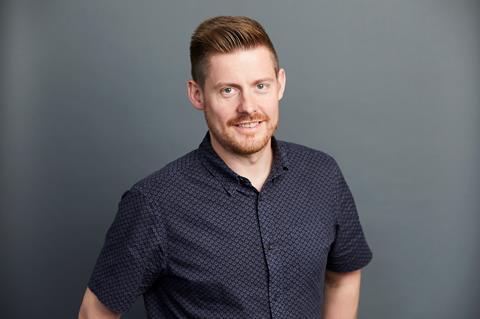
“As part of the working group, we can spotlight the skills that we as an industry need and directly influence the training available to new entrants to help improve them. Trainees are crucial to the industry so the ability to shape and direct their journey is key to building a talented workforce.
“The relationship between industry and ScreenSkills is vital to improve the state of production across the UK. Being at the coalface of production, we are best placed to flag up any areas – skills shortages, knowledge gaps, working conditions – that need to be addressed.”
Niall Shamma
Chief operating officer, Warp Films; Regions Working Group
![Niall Shamma[48]](https://d11p0alxbet5ud.cloudfront.net/Pictures/480xAny/1/3/1/1374131_niallshamma48_643481.jpg)
“As an independent film and TV company with a Sheffield HQ, Warp Films has always looked to produce in the regions and has recognised that the skills shortage is one of the key limiting factors to growing the regional ecosystem. Being involved in ScreenSkills’ Regions Working Group is one of the most effective ways that I can improve the situation. It’s the best way that the industry’s efforts can be co-ordinated to improve skills, which is to everyone’s benefit.
“Skills issues increased in 2021 and as well as continuing to focus on accounts and production co-ordinator training and placements, the working group added location management and virtual production.”
Adam Knopf
Freelance producer, Wales Working Group
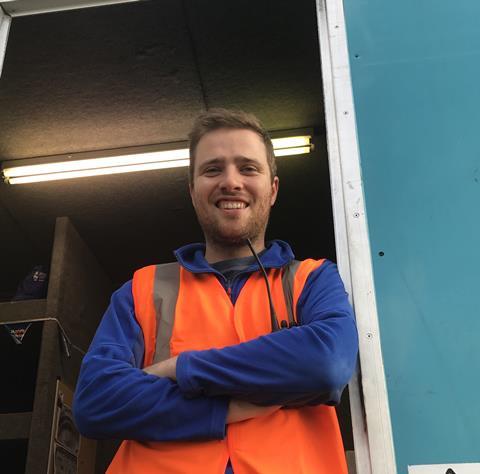
“With the rising demand for crew, it’s important to develop local talent so that there is a solid base of training to service roles at all levels. Being able to shape the training available, we can tackle weaknesses with an understanding of what is required. These decisions are best made locally.
“Of course, we need to react to some short-term pressure points, but the key for us is to nurture the development of creative heads of department (HoDs) in the longer term. Those who are about to step up into middle-management roles and those ready to take the lead as HoDs are often overlooked when focusing on short-term goals. We need to ensure that they are getting the best training, alongside managerial and budgeting skills.”
Suzanne Reid
Producer; Scotland Working Group
![Suz Reid[35]](https://d11p0alxbet5ud.cloudfront.net/Pictures/480xAny/1/3/3/1374133_suzreid35_1189.jpg)
“I strongly believe that training will help the HETV industry in Scotland go from strength to strength, so I am delighted to be part of the Scotland Working Group and helping to direct funding to where it’s needed. We need to create training opportunities to have a sustainable HETV industry in Scotland and ScreenSkills is the specialist in doing this.
“We are passionate about grassroots training, developing a new generation of TV professionals, welcoming those from different socio-economic backgrounds and helping them get their foot in the door. We are also keen to welcome those with skills in other industries that, with some well-directed training, could fill gaps in our crew base.”
Louise Gallagher
Scripted development executive, Hat Trick (NI), and creative director, Gallagher Films; Northern Ireland Working Group
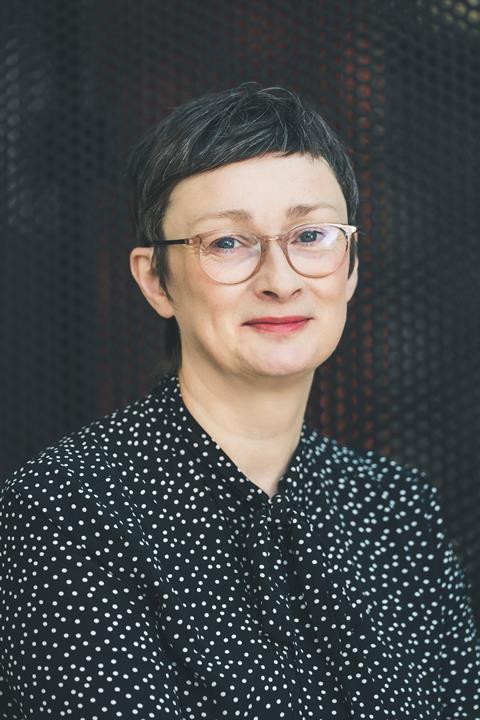
“As with all ScreenSkills working groups, the decision-makers here are dyed-in-the-wool TV professionals who see shortages on set, on location and in the production office. We know where the real challenges are and where training can have the most impact. It’s great to have a group of colleagues who share their knowledge to ensure that ScreenSkills money ring-fenced for Northern Ireland really does make the industry stronger here.
“Our members are ready to make a passionate case for funding people and skills development that will enhance the working lives of everyone already employed in the industry, the careers of those we end up supporting and, of course, the quality of our dramas on screen.”
Find out more about the working group investments for 2022/23 at www.screenskills.com/HETVworkinggroups












